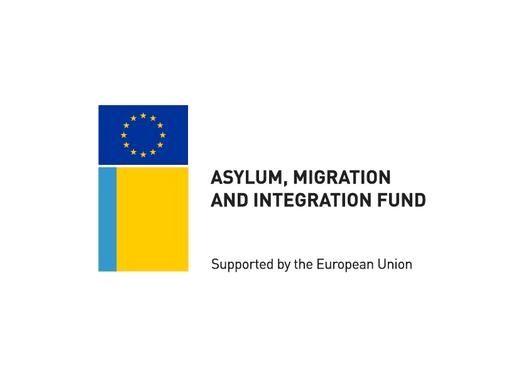Cultural competence and cultural sensitivity
The concept of cultural competence refers to respecting people with any cultural background, and creating and fostering an atmosphere of non-discrimination in society. It also means the provision, availability and accessibility of services in a manner ensuring that the partly varying needs of people with different backgrounds are taken into account.
The cultural competence of professionals comprises cultural awareness, knowledge, skills, encountering and motivation which involve mirroring one’s own cultural habits and values with the habits and values of other cultures.
Cultural sensitivity is a concept related to cultural competence. Cultural sensitivity refers to the culturally respectful interpersonal skills of professionals as well as respectful verbal and non-verbal encounters and communications between a professional and client in a manner that involves the right of each party to express their culture and be accepted and heard in this context.
Cultural sensitivity refers to the willingness, ability and sensitivity required to understand people with different backgrounds. Culturally sensitive services do not mean providing services separately for every target group; instead, they mean services flexible to the needs of diverse clients.
Although cultural competence and cultural sensitivity are often linked to the work of social and health care professionals, all customer work should take these aspects into account.
The premises for cultural sensitivity in client work
- Perceiving one's own cultural background, conceptions and manners and using this as the basis for increasing one’s understanding of other cultures.
- Respecting diversity.
- Showing interest in different cultures.
- Reflecting on the effect and significance of one’s cultural background on oneself and personal attitudes.
- Finding the courage to encounter clients as individuals rather than representatives of certain cultures.
- Being open and patient.
- Asking clients about their habits, values and culture instead of assumptions and generalisations.
- Working with the assistance of interpreters whenever necessary.





